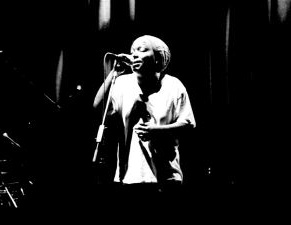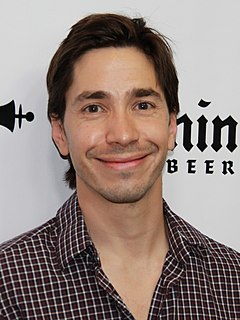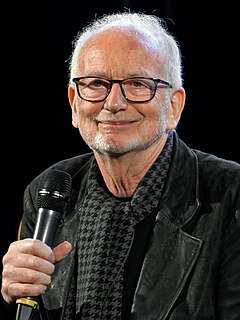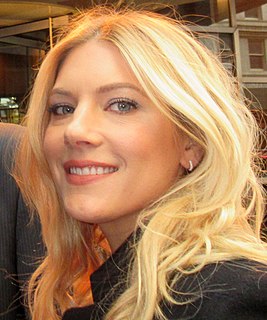A Quote by Padmapriya Janakiraman
If the character you play on screen has to have life, you should dub in your own voice.
Related Quotes
I loved the idea of doing impressions and mimicking and playing around with the spectrum of your own voice. That's what I enjoy most about doing voiceovers. You can be completely unconscious with the rest of your body and just concentrate on doing something with your voice, creating an entire character with your voice.
It's hard to say what you learn acting a part. You find bits and pieces of yourself that are inside the character you play. You locate the relatable aspects of that character to your own life. So, in a way, every part you play forces you to discover things about yourself you might not have learned otherwise.
There's this pet phrase about writing that is bandied around particularly in workshops about "finding your own voice as a poet", which I suppose means that you come out from under the direct influence of other poets and have perhaps found a way to combine those influences so that it appears to be your own voice. But I think you could also put it a different way. You, quote, find your voice, unquote, when you are able to invent this one character who resembles you, obviously, and probably is more like you than anyone else on earth, but is not the equivalent to you.
Write like you write, like you can't help but write, and your voice will become yours and yours alone. It'll take time but it'll happen as long as you let it. Own your voice, for your voice is your own. Once you know where your voice lives, you no longer have to worry so much about being derivative.
In animation, no one gets to see your face, so you can really mess up with your voice like I did 'ParaNorman;' I was a bully in that, which was so much fun to do. In 'How to Train Your Dragon,' I'm a little Viking character. So, it's kind of exciting to play these roles that you normally wouldn't get to play in a live-action movie.




































